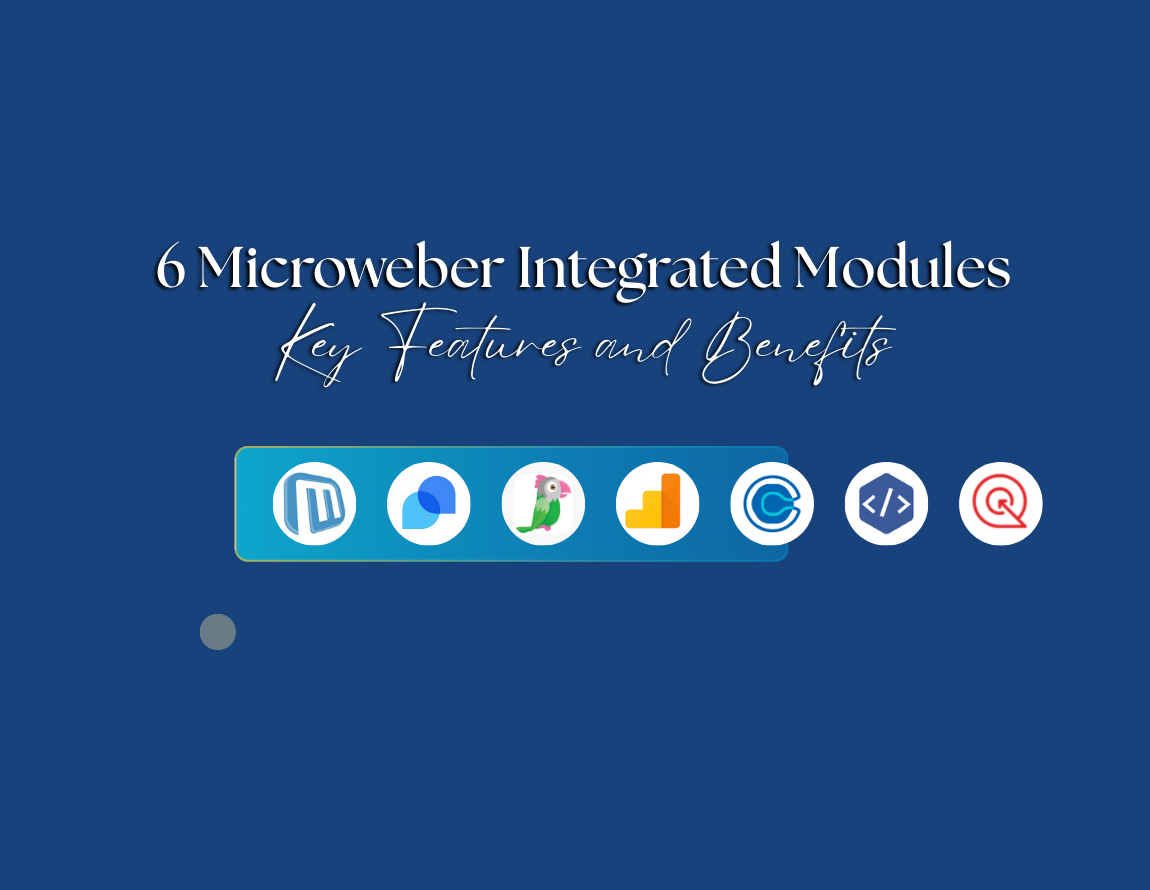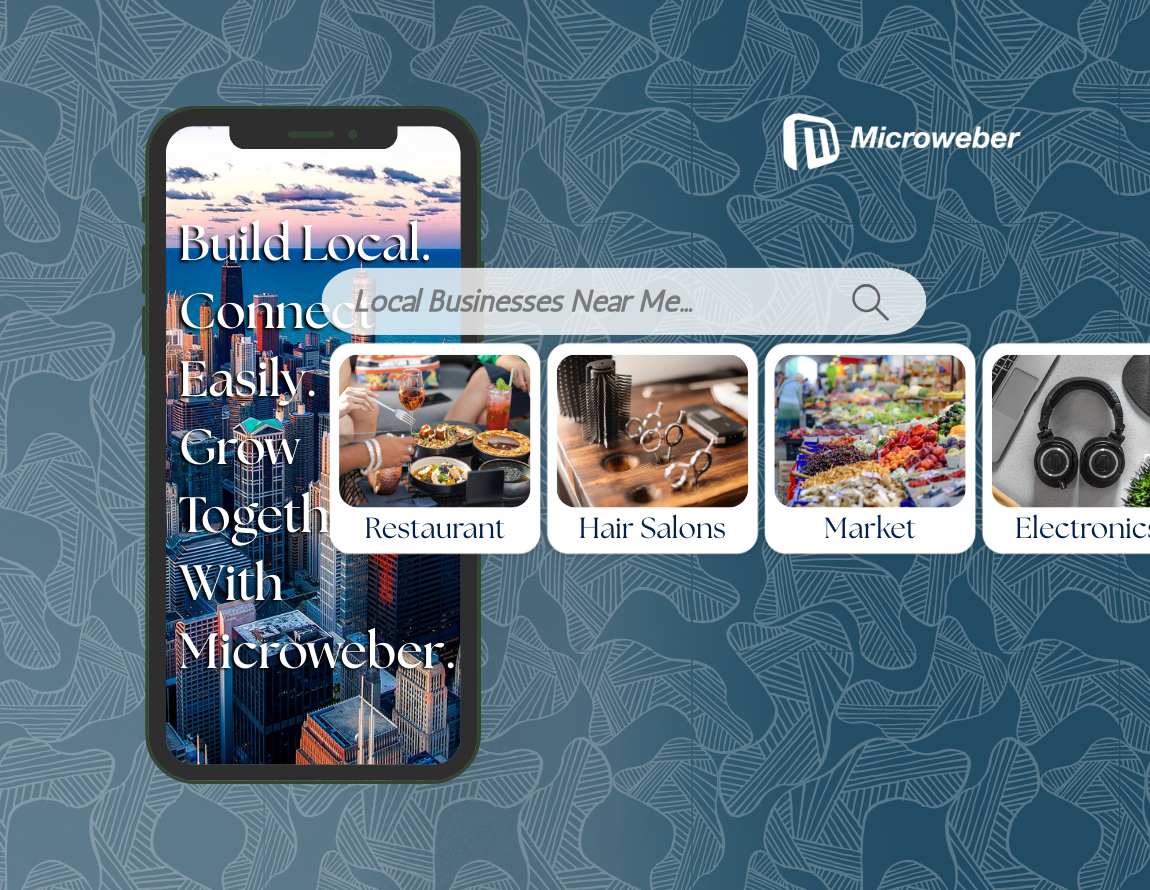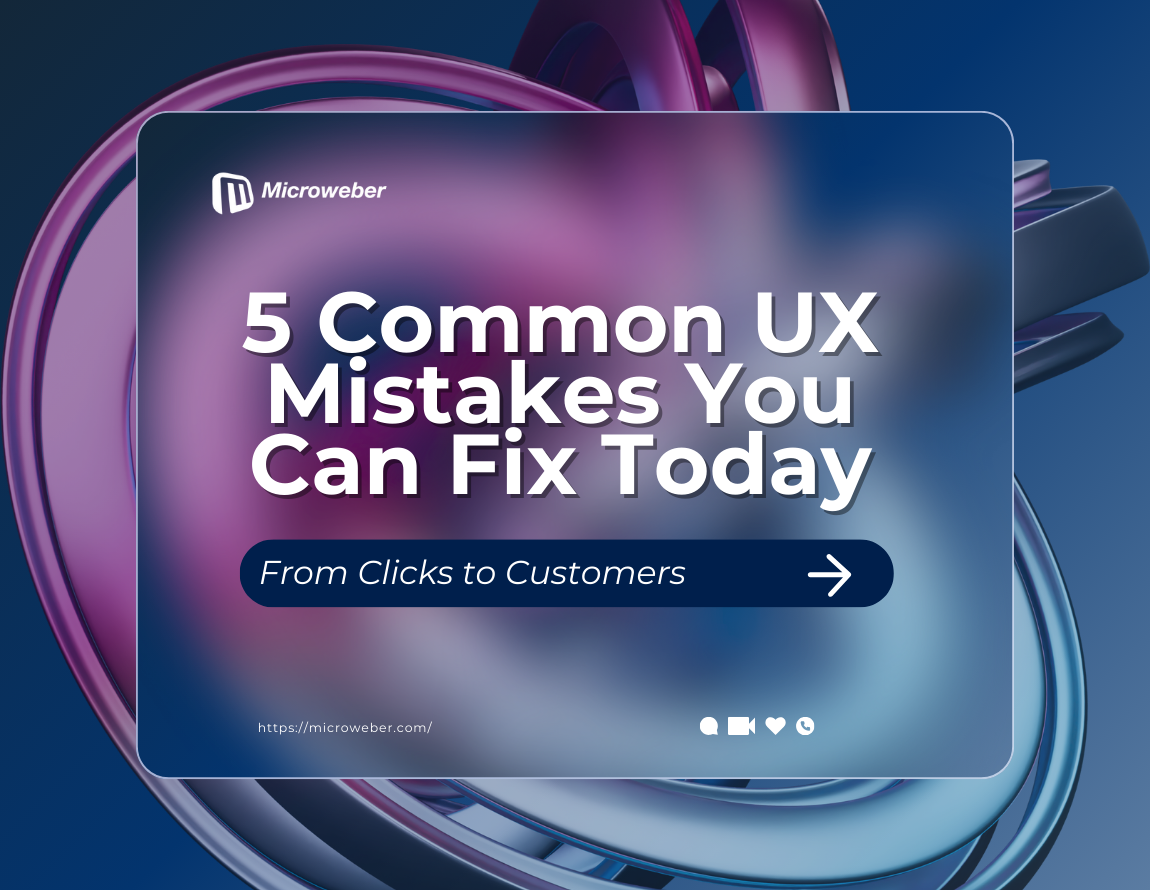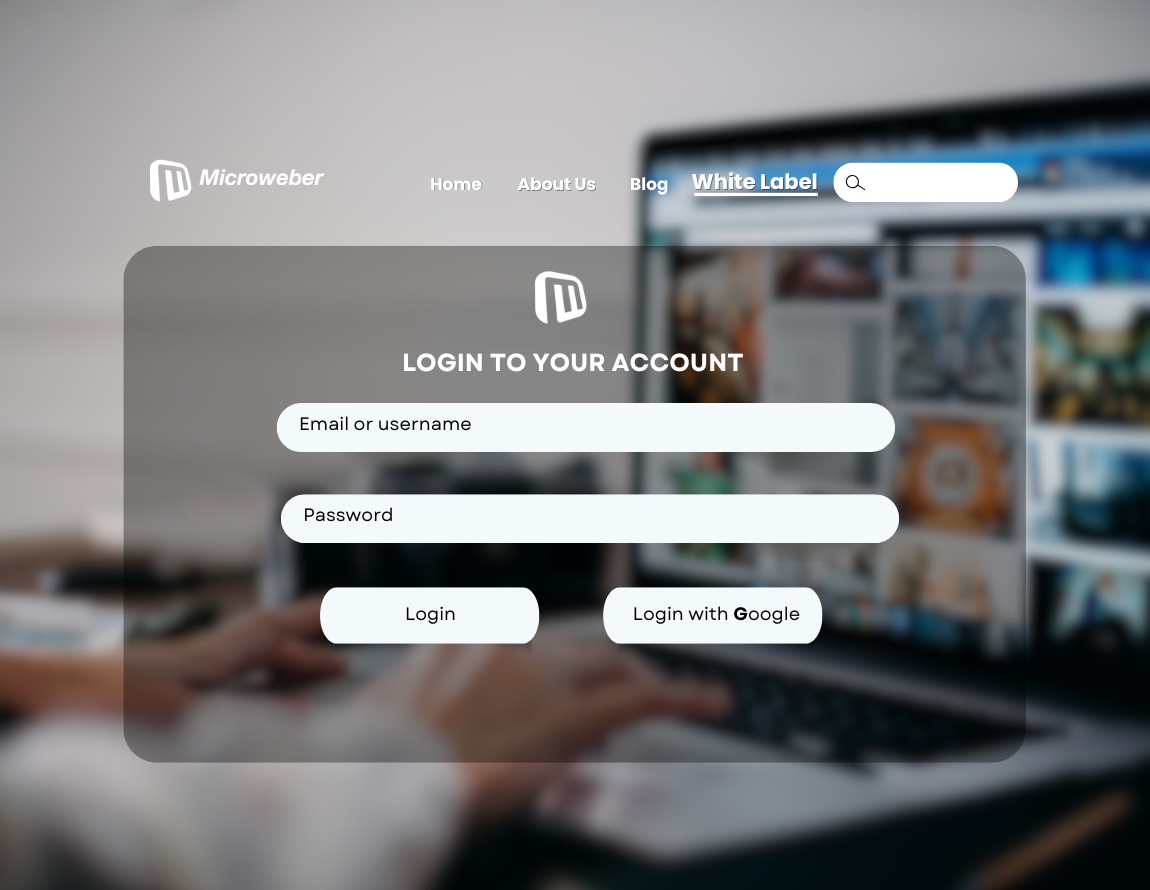Is Microweber a Secure CMS? 10 FAQs About This Open-Source Platform
Posted on: March 25, 2025 Updated on: March 25, 2025 by Nada Allam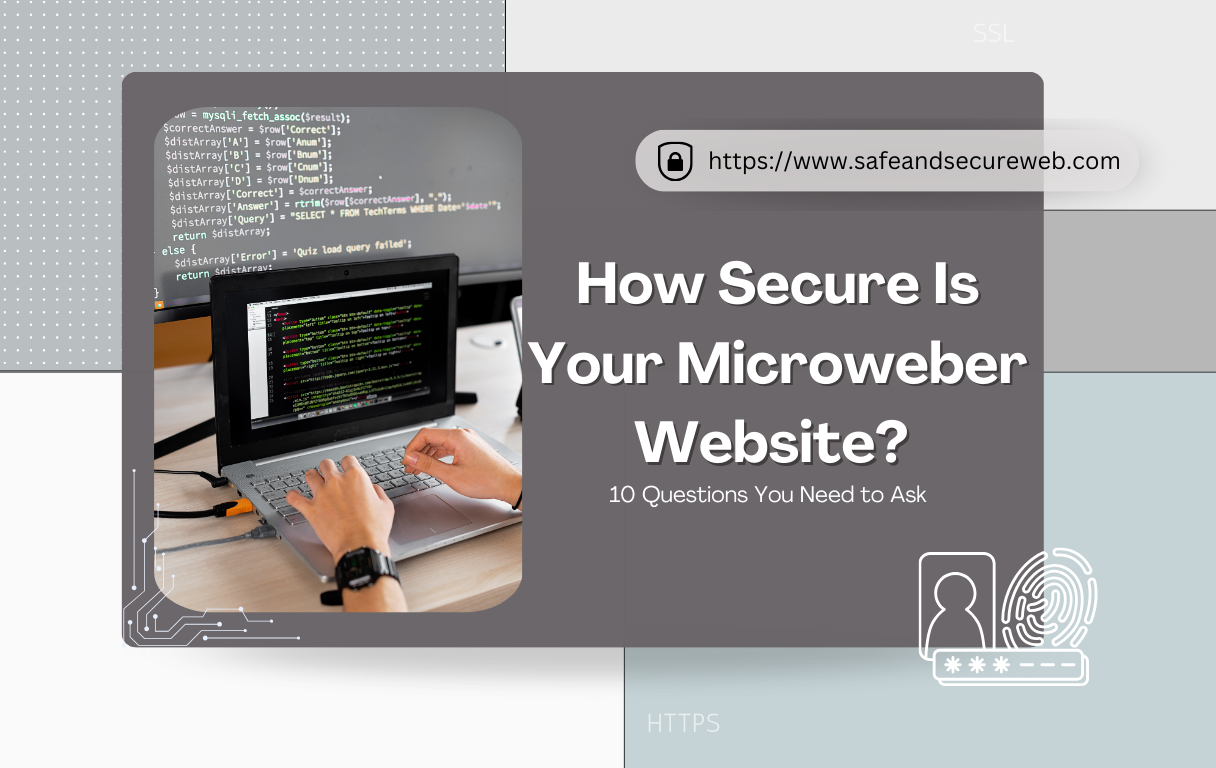 Security is always at the top of the list when it comes to web development. Nobody wishes to invest the time and effort into a site that will leave their information vulnerable to cyber criminals.
Security is always at the top of the list when it comes to web development. Nobody wishes to invest the time and effort into a site that will leave their information vulnerable to cyber criminals.
Even more so, with open-source content management systems (CMS) where openness and accessibility meet security.
Microweber, a robust open-source CMS, takes security seriously at every level. But just how good is it at keeping your website secure? What are some of its security features, and how do you secure your sites as a user? If these are questions you've ever had, then you're in good company.
Below are the answers to the top ten most frequently asked questions regarding Microweber's security features, best practices, and how you can use its built-in protections to your greatest advantage.
1. How Secure is Microweber CMS?
Security is the number one priority of all webmasters, and Microweber has been very diligent in putting in place measures to secure its CMS from cyber-attacks.
It is founded on the Laravel PHP framework, which is well known for having an extraordinary security framework.
Microweber employs several security mechanisms, including:
- Data encryption for the protection of sensitive information from unauthorized utilization.
- Applied internal input validation to assist in thwarting standard attacks such as SQL injection and cross-site scripting (XSS).
- Automated patches for security to fix flaws as soon as they are detected.
- Secure user authentication to prevent any unauthorized access.
- File integrity monitoring to detect and block unauthorized changes to major system files.
Through regular updates and industry practices, Microweber provides an extremely secure platform to users.
It is also open-source, making it so that the community comes in and offers security updates as well, thereby becoming an even more secure CMS in the future.
2. Does Microweber Support SSL?
SSL encryption is the answer to all issues related to web security and facilitates secure data transfer from the server to the user.
In the absence of SSL, confidential information such as payments and logins can be easily intercepted by hackers.
Microweber is fully SSL supported, allowing users to:
- Manually install an SSL certificate through their hosting provider.
- Use hosting that offers free SSL certificates, such as Let's Encrypt.
- Enable HTTPS in their control panel hosting to secure all internet traffic.
- Offer secure authentication processes for administrators and clients.
With SSL, websites can encrypt user credentials, online transactions, and other exposed data against potential cyber-attacks, further securing as well as building credibility.
3. How Does Microweber Prevent Hacking?
Hacking attempts like SQL injections and cross-site scripting (XSS) are malicious website attacks. Microweber actively protects against these attacks with several layers of protection.
Security aspects are:
- SQL Injection Protection: Prevents hackers from altering the database by purifying the input data and enforcing prepared statements.
- Cross-Site Scripting (XSS) Filters: Denies execution of malicious scripts by purifying user input and output data escaping.
- Brute Force Prevention: Forbids maximal attempts at log-in, negating opportunities for password-guessing attacks.
- Regular Security Patches: Ensures present flaws are resolved at the right time through patches and fixes.
- Role-Based Access Control (RBAC): Restricts access based on the user's roles to limit the chance of illegal changes.
- Firewall Settings: Stops malicious traffic and unwanted access.
All these security measures defend websites from regular cyber-attacks, thus delivering a safe experience to administrators as well as users.
4. Can I Back Up My Site on Microweber?
Websites must be backed up to ensure that they do not lose data due to cyberattacks, human mistakes, or system crashes.
A good backup mechanism enables the users to restore their site within minutes in case something happens.
Microweber offers both manual and auto backup options to allow users to:
- Take manual backups through the admin panel in a couple of clicks.
- Schedule automatic backups with their web host to offer constant data protection.
- Restore their website from a previous backup if necessary to minimize downtime and data loss.
- Store backups in cloud storage or external servers for additional security.
Timed backups store your site data securely and easily recoverable in case of an emergency and are a best practice for all website owners.
5. Is Microweber Safe for E-Commerce?
Security is the largest problem with e-business. Microweber is programmed to facilitate secure e-commerce transactions, and it has a host of security features that protect transactions and customer data.
Some key security concerns of e-commerce include:
- PCI-compliant payment processors such as PayPal and Stripe, for safe transactions.
- SSL encryption of customer transactions and payment information is supported.
- Authentication processes for individuals to prevent fraud and unauthorized use.
- Computerized fraud detection software to monitor suspicious transactions.
- Secure checkout processes that protect the financial and personal data of customers.
These practices allow web shop owners to provide a safe and reliable purchasing experience, minimizing risk exposure for both the buyer and seller.
6. How Do I Protect My Admin Panel in Microweber?
The admin dashboard is the most vital part of every website, and securing it keeps the same inaccessible to any unauthorized person.
Hacking would enable hackers to edit site configurations, steal data, or suspend services.
To maintain maximum security, adhere to the following best practices:
- Create passwords with a mixture of capital and small letters, numbers, and special characters.
- Activate two-factor authentication (2FA) for an additional level of protection.
- Restrict admin panel access to known secure IP addresses to minimize unauthorized login attempts.
- Restrict login attempts to prevent brute force attacks by guessing your password.
- Regularly check admin activity logs for malicious activity signs.
By doing these steps, you can significantly tighten the security of your admin panel and reduce the likelihood of cyber attacks.
7. Are Security Updates Provided for Microweber?
Regular security patches help plug vulnerabilities and improve website security. Cyber threats constantly evolve, and staying current protects your website.
Microweber continuously releases security updates to ensure users can have:
- Patch for potential security weaknesses prior to the point of exploitation.
- Performance enhancements that contribute to overall website stability.
- Other security measures to protect against future threats.
- Compatibility patches for efficient work with third-party add-ons and integrations.
They are also encouraged to update their Microweber to ensure that they are utilizing the highest level of security and reduce the attack surface of a given vulnerability.
8. How Can I Stop Spam on My Microweber Site?
Spam may interfere with the functionality and image of a website. From unwanted comments to form submissions by spam, it may be a recurring problem for website owners.
Microweber has certain in-built functionalities to combat spam effectively, such as:
- Integration of CAPTCHA to ward off spam bots and suspicious traffic.
- Spam filters eliminate unwanted messages from your site even before they are shown.
- IP blocking to prevent access from identified sources of spam and malicious users.
- Comment moderation program to allow manual approval of comments before they can be posted.
With the assistance of these tools, the users can maintain their sites free from spam and project themselves professionally online.
9. What Should I Do If My Site Is Hacked?
If your site gets hacked, it's important to act quickly to minimize damage and get it usable once more.
Do the following:
- Restore from backup to go back to a clean copy of your website.
- Reset all the passwords, i.e., admin, database, and FTP passwords.
- Scan with security software to detect and remove malware files.
- Update Microweber to ensure the newest security patches are in place.
- Search for unauthorized admin accounts and remove suspicious users.
Ongoing monitoring and continuous updating can avoid future security violations.
10. Can I Control User Access in Microweber?
User access control is essential in maintaining site security, especially where there is more than one administrator of a site.
Microweber comes with role-based access control (RBAC) whereby the user can only view relevant sections of the site, reducing security loopholes.
Conclusion
Security is not a one-time job, as it requires ongoing vigilance and the right tools. Microweber provides you with a solid foundation for a secure site with built-in security features, regular updates, and best practices to stay ahead of the hackers.
But security also depends on what you do. Keeping your software up to date, enabling SSL, using secure passwords, and making frequent backups all are part of keeping your site secure.
Your website is an investment, and security should be your top priority. If you are willing to create a secure and stable website with Microweber, browse its features and own your online security today.

